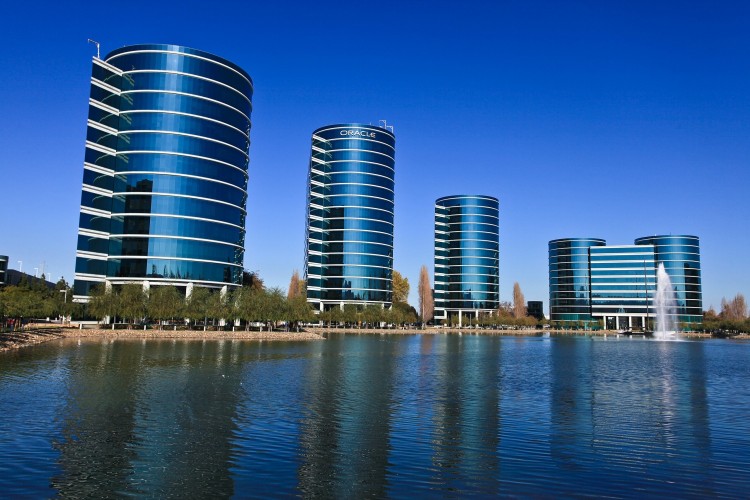Oracle to Oversee TikTok’s U.S. Algorithm Under Expected Executive Order — What Changes for Creators and K-Content

WASHINGTON/SEOUL - The White House is preparing an executive order that would green-light a deal keeping TikTok online in the United States while placing Oracle at the center of U.S. oversight for the app's recommendation algorithm and data security, according to multiple outlets. Under the framework, Oracle would host U.S. user data and supervise a U.S.-run, licensed copy of TikTok's ranking system; the arrangement still awaits final government approvals in both Washington and Beijing.
Ownership and governance. Reporting indicates the U.S. business would be controlled by a new investor consortium led by Oracle and partners (including Silver Lake) with ByteDance holding under 20%. A seven-member board is expected, with six American seats and one seat linked to ByteDance-designed to address concerns about foreign control. Final cap tables could shift before signatures, but the U.S.-majority control principle is consistent across briefings.
How the "U.S. algorithm" would work. Rather than transferring TikTok's full source code, the plan envisions licensing the algorithm from ByteDance and re-training it in the U.S. on Oracle infrastructure-so users would not need to download a new app while the system is rebuilt and audited stateside. Officials say the approach allows continuous code review and auditable change-management to limit covert influence while maintaining cross-border content discovery.
What's still unresolved. U.S. officials argue the model meets the 2024 divestiture law's national-security intent, but critics note that a licensed algorithm and minority Chinese stake may not eliminate influence risks. Separately, Beijing's posture remains a swing factor; reports suggest the U.S. app could use elements of the Chinese algorithm while training occurs domestically, a point likely to surface in final reviews. Expect debate in Congress over whether the structure constitutes "true divestment" or an acceptable risk-reduction compromise.
Why it matters for Korean creators and K-content. With ~170 million U.S. users, TikTok is a key funnel for K-pop campaigns, K-drama clips, and indie creators. A U.S. governance structure with Oracle supervision would reduce ban risk and stabilize planning for comeback calendars, tours, and brand integrations. The open questions for agencies in Seoul and L.A.: Will music-licensing rules or branded-content policies change under the new board? Will audits extend to ad-targeting logic or focus strictly on the "For You" feed? Until guidance lands, most creators can plan for continuity with potential policy tweaks rather than wholesale disruption.
Business and politics lens. Market coverage frames the deal as a pragmatic pivot: instead of an outright code handover, Washington would accept measurable process control (audits, governance, data localization) under Oracle's stewardship. At the same time, several analyses warn that the new investor mix-prominent U.S. media and tech figures among them-could invite domestic politicization concerns even as national-security risks from Beijing are addressed. In short, the balance is moving from who owns the code to who controls the process and who sits on the board.
What to watch next. The executive order text-timing, audit scope, and compliance penalties-will set the tone for the transition. Look for a defined cutover period (reporting varies on timing) and for specifics on whether audits include ads systems in addition to recommendations. The other hinge is China's sign-off; signals there will determine how much of the legacy code can be licensed and how fast the U.S. copy is re-trained. Until then, the operating assumption for creators and brands is status quo with heightened oversight.
Bottom line: If completed, the deal would license and wall off TikTok's U.S. algorithm under Oracle supervision, pair it with U.S.-majority ownership and board control, and keep the app available to American users-an attempt to trade auditable control for outright divestment while preserving the platform's reach for K-content. The final text and Beijing's response will tell whether that trade holds.



